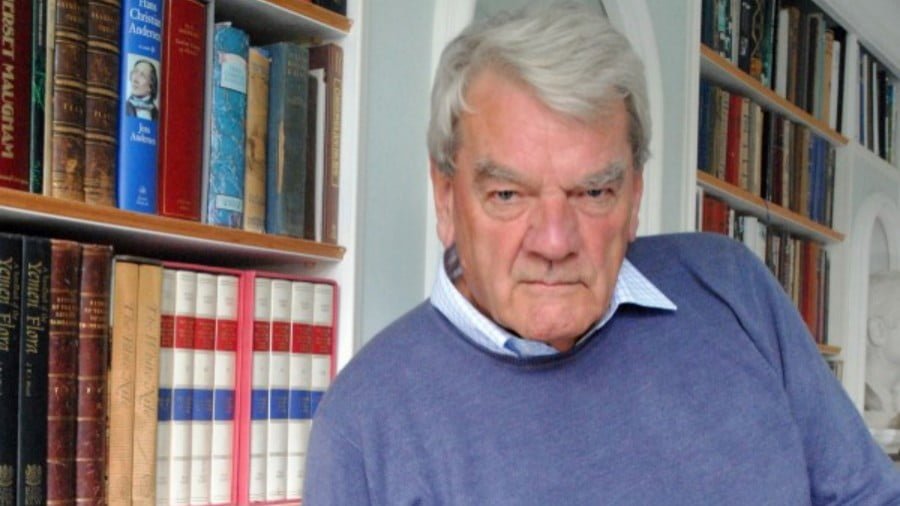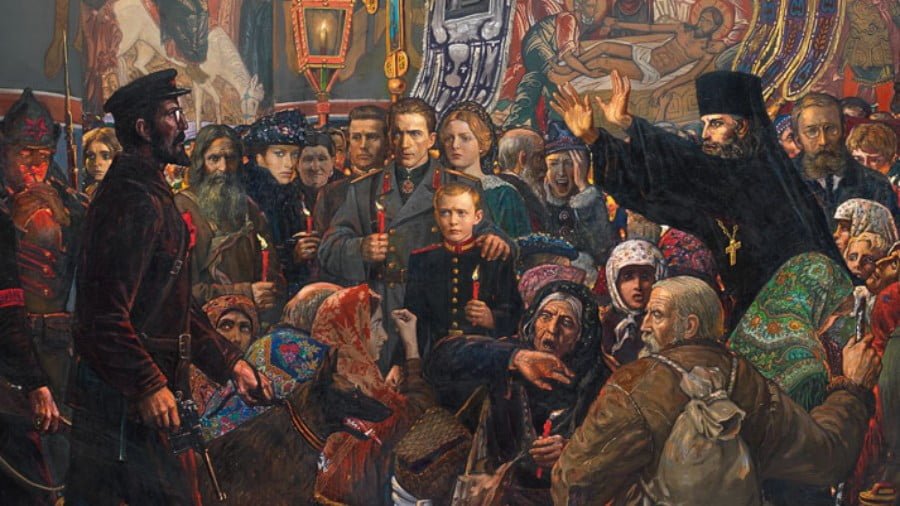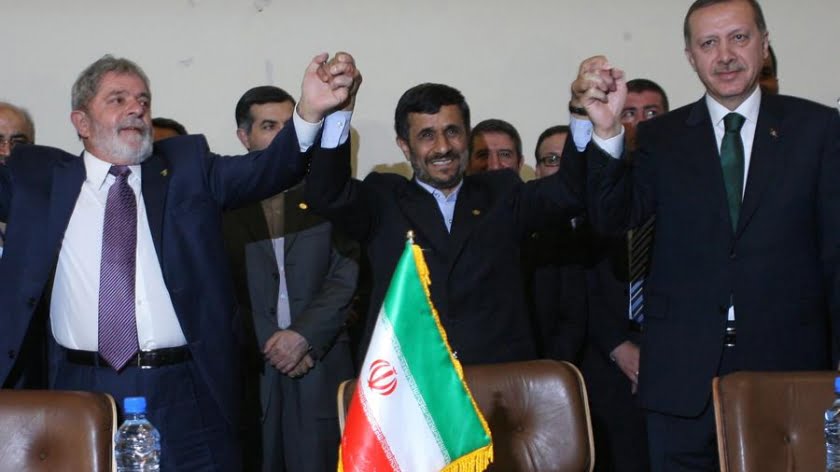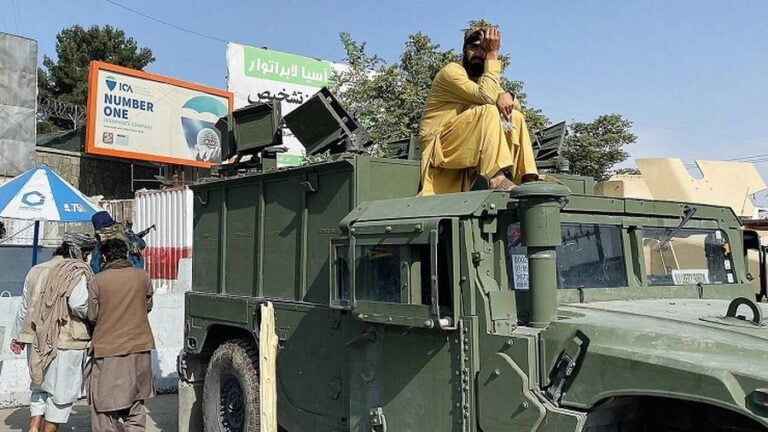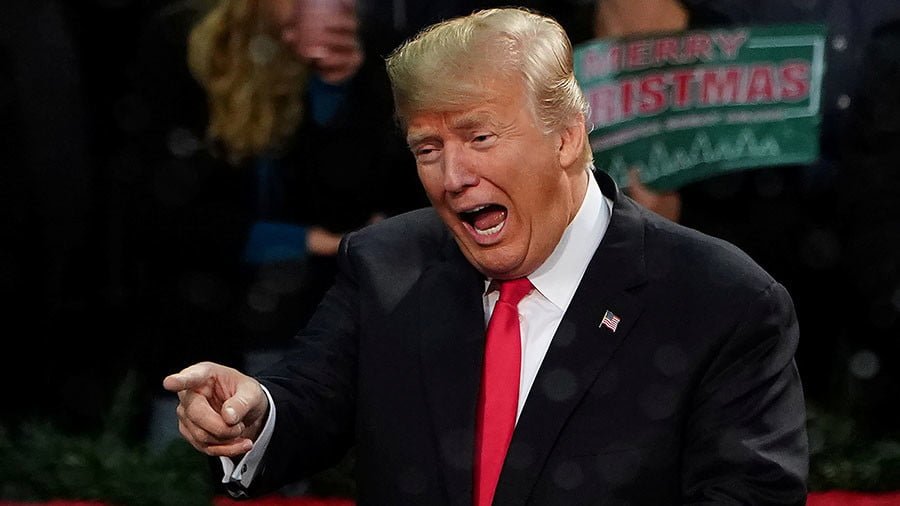Bombs Ready: The American Blob Is Already Oozing Into Syria
Syria is in absolute ruins. The ongoing civil war, a disorganized melee involving the Assad regime, various rebel groups, Russia, Iran, ISIS and other Islamists, Turkey, Kurdish forces, and the U.S., has been stuck in stalemate for month after month. Much of the country is in a state of utter collapse, hundreds of thousands have died, and refugees continue to pour into neighboring states and Europe.
With the election of a militarist-inclined Hillary Clinton looking all but certain, the Blob — White House aide Ben Rhodes’ apt name for the permanent D.C. foreign policy establishment — is quickly coalescing around a new consensus that existing U.S. intervention should be dramatically scaled up, as Eric Levitz writes. The central policy for this effort is a no-fly zone to be enforced by American air power.
This is a seriously risky policy that stands little chance of meaningfully ameliorating the humanitarian disaster in Syria. But there’s virtually nothing at this point that can be done to stop it.
This long background article in Spiegel Online provides a great overview of the dizzying complexity of this conflict, and good context for the debate over escalation. At the risk of stating the obvious, the central factor in the endlessness of the war is that nobody has been able to win. This in turn is the result of a rough parity of support from outside powers, particularly Russia and the U.S. Along with Iran, the former regards Assad as a crucial regional ally and source of an important Russian naval base; without their support the Assad regime would have collapsed years ago.
America’s main concern, meanwhile, is fighting ISIS, done directly with U.S. forces and through Kurdish proxies, who have carved out a semi-autonomous Kurdish zone in northern Syria connected to Iraqi Kurdistan.
This infuriates Turkey’s (increasingly unhinged) President Erdogan, due to the longstanding feud between the Turkish government and Kurdish organizations in the south of that country. The Turkish military recently hit Kurdish forces outside Aleppo with airstrikes, killing dozens — right as the Iraqi military and Kurdish troops were in the middle of a long-planned effort to oust ISIS forces from Mosul. This almost can’t be a coincidence, and no doubt infuriated U.S. commanders.
Awkwardly, Assad’s forces are also fighting ISIS, and responded to the Turkish bombardment with a threat to shoot down any more Turkish planes that violated Syrian airspace.
In sum, this is a tremendously complicated conflict, with multiple shifting factions. The U.S. goals — defeat ISIS and remove Assad without helping radical Islamists — are directly at odds with each other.
Let’s grant for the sake of argument that the Blob is actually motivated by a desire to stop the bloodshed in Syria. (If they were, it would pressure the Saudi government to stop their disastrous war in Yemen instead of refueling their bombers, but that’s a different story.) Here, their argument that hesitation on the part of President Obama has prolonged the conflict does have a grain of truth to it. If one great power or another had jumped in with overwhelming military force and steamrolled the opposition (or simply withdrawn from the conflict), the civil war could have ended years ago.
The problem, of course, is what comes after that. Sufficient force to end the war would have meant either an invasion or occupation, which was a disastrous bloody failure in Iraq, or a heavy air power intervention only, which was a disastrous bloody failure in Libya. If there’s anything the last 15 years of foreign policy history has shown, it is that the American military is extremely good at smashing organized military forces, and it is extremely bad at establishing any sort of lasting political order in the aftermath.
And more fundamentally, if hesitation is really the problem, then a no-fly zone has the exact same problem as Obama’s current policy. It’s an escalation that is far short of the overwhelming force that would be necessary to impose peace on Syria. Why? Probably because the American public shows no sign of supporting the kind of force (read: a massive ground invasion) that would be necessary to impose peace on Syria.
What a no-fly zone would do, however, is risk immediate conflict with Russia, which has been assisting Assad with lots of air power. It’s disturbingly easy to imagine getting into a shooting war with the world’s only other nuclear superpower over this.
The general public apathy towards low-key military interventions gives the American president huge latitude to bomb and deploy special forces basically anywhere in the world — which is often devastating to the targeted communities. But the moment that creates large numbers of U.S. casualties, a political backlash is certain. Hillary Clinton, whose 2008 presidential campaign was lost because she supported the invasion of Iraq, probably realizes this, however grudgingly.
Ultimately, the Blob does not really care about carnage in Syria. Its overwhelming priority is the use of military force, which it views as good by definition. The civil war there is just a convenient pretext. Non-military means to stop violence will be downplayed or ignored — just like the last several consecutive failures of military intervention were, and the probable upcoming failure of the Syrian intervention will be.
By Ryan Cooper
Source: The Week



